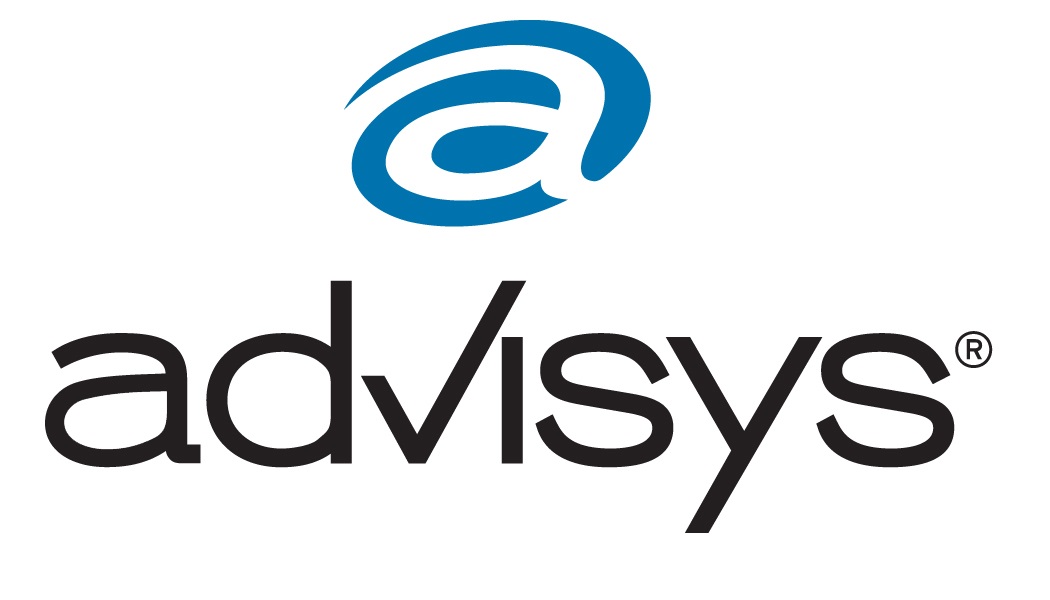Personal net worth
A personal net worth statement is a snapshot of your financial health. This article provides a worksheet and explains what should be included.
A personal net worth statement is a snapshot of an individual's financial health, at one particular point in time. It is a summary of what is owned (assets), less what is owed to others (liabilities).
The formula used is: assets - liabilities = net worth.
If assets are greater than liabilities, the individual has a positive net worth. If assets are less than liabilities the individual has a negative net worth. Many financial advisors regard having a positive net worth as a primary goal.
Reasons to prepare a net worth statement
There are a number of reasons why an individual or family should prepare a net worth statement, usually on an annual basis.
- To keep score: Preparing an annual net worth statement allows an individual to keep track of progress toward meeting long-term financial goals. Ideally, net worth should increase over time.
- A planning tool: The net worth statement also serves as a planning tool. For example, a review of the net worth statement may show that an individual has too few liquid assets (for emergencies) or that investments are too heavily concentrated in one area.
- Lenders may ask: An individual's net worth is a common question on many loan applications. College financial aid programs will usually require information on the parents' net worth when a child applies.
- For certain investments: Certain types of high-risk investments require prospective investors to have a minimum level of net worth before they are allowed to invest money.
Preparing a personal net worth statement
The personal net worth worksheet on the following page can be used to prepare a net worth statement.
- Assets: For all assets categories (except cash or cash equivalents), a realistic valuation of what a willing, knowledgeable buyer would pay for an asset in an arms-length transaction should be used.
- Liabilities: It may be necessary to contact the lender or store to get the current balance on a loan or account.
Personal net worth worksheet
Explanatory notes
- Liquid assets: Cash or other assets, which can be easily converted into cash.
- Cash and cash equivalents: These include cash in checking or savings accounts and cash equivalents where there is no concern for any loss of principal if the asset is converted into cash. May include CDs, money market funds and short-term (less than one year) Treasury securities.
- Money owed to you: Includes those debts owed to you under a written agreement.
- Life insurance cash value: This is the whole life policy cash surrender value.
- Personal use assets.
- Home use assets: Includes furniture, furnishings, household goods, appliances, and sporting and hobby equipment.
- Autos or other vehicles: Includes motorcycles, boats, airplanes and RVs.
- Collectibles (art/antiques): Includes items that have a potential investment value as well as a personal interest value.
- Investment assets: Includes investments with a maturity or a usual holding period of more than one year.
- Equity assets: These include stocks, stock mutual funds or other investments based on stock market investments.
- Fixed-income assets: Includes bonds, bond-based mutual funds, preferred stock or other investments based on bond or bond-type assets.
- Investment real estate: Refers to real estate purchased for investment rather than shelter.
- Business interests: Includes the equity ownership of any business in which you actively participate.
- Commodities: These are gold, silver or other precious metals. Also gems and commodities contracts.
- Vested portion of pension plans: Refers to the amount to which you are entitled if you quit today.
- IRA or Keogh plans: Includes the current market value less any taxes payable.
- Current liabilities: Refers to bills, which are due today or within thirty days.
- Rent and utilities: Only include those due for the current month.
- Credit and charge cards: Includes the total amount due, even if only minimum payments are made.
- Taxes: Includes income and property taxes due today.
- Current portion of long-term liabilities: Refers to the portion of the total long-term liabilities to be paid within the next 30 days.
- Long-term liabilities: These are liabilities, which are typically paid over an extended period of time.





